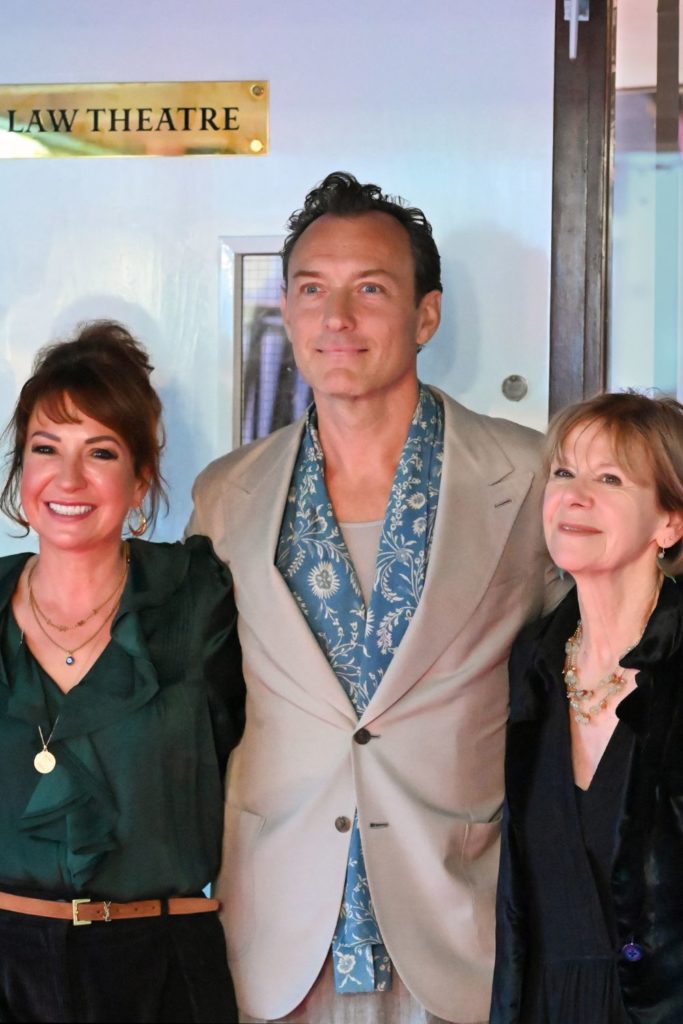Oakham School Sailing Superwoman: The Truth behind the Triumph
By
7 years ago
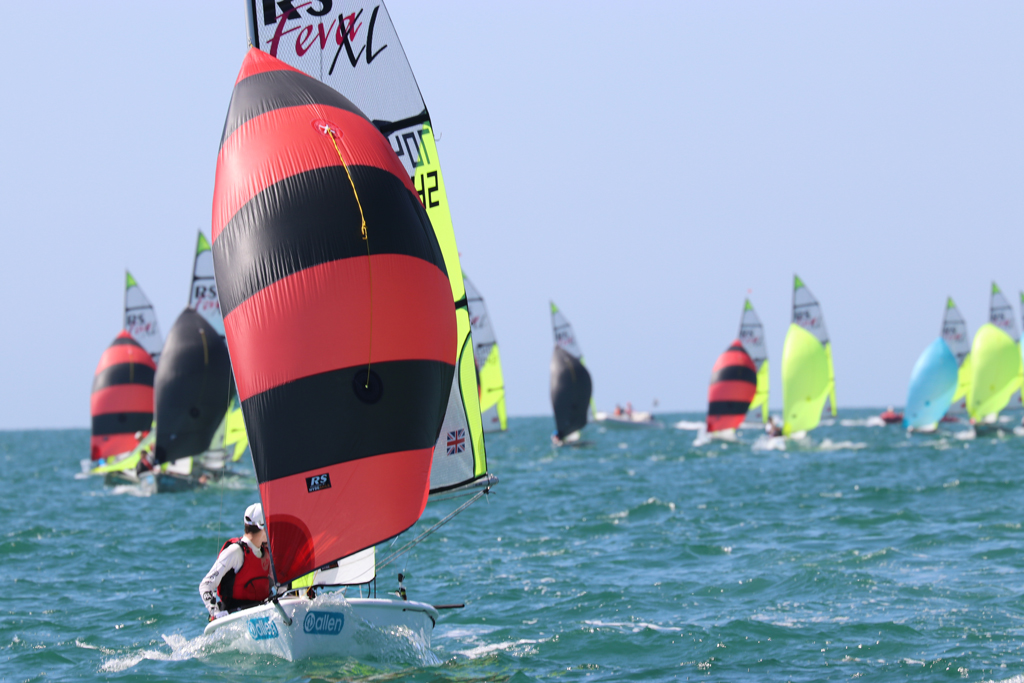
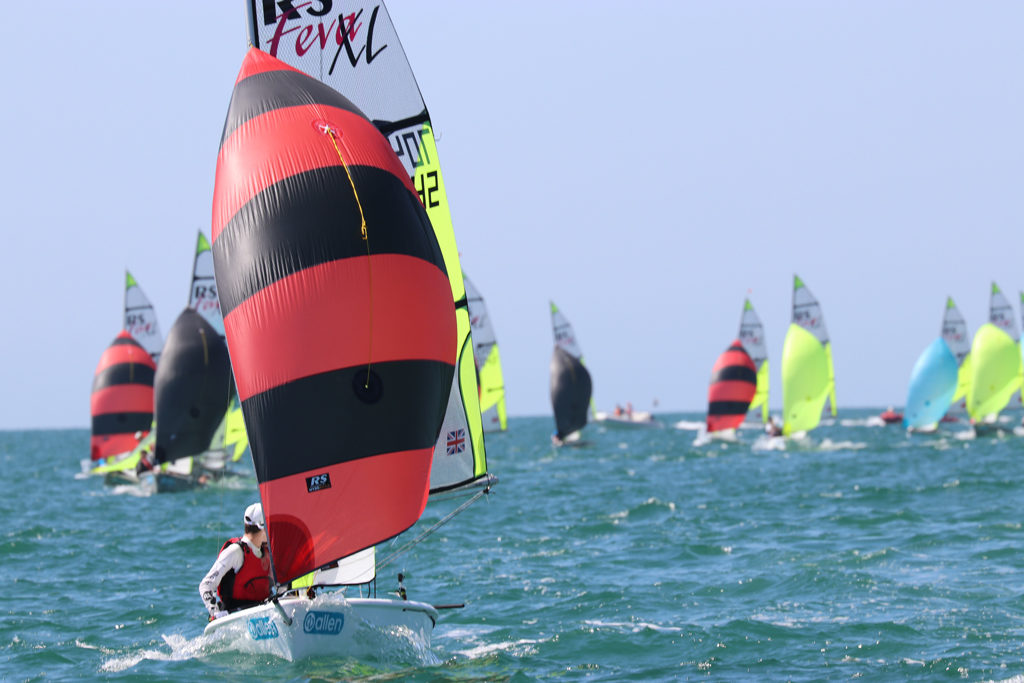
Emily Nagel, 24, Old Oakhamian and sailing superstar, is a modern superwoman.
Engaging in a notoriously male-dominated sport, which at its most basic demands much physical strength, let alone succeeding to the extent Emily has, is a huge feat and requires a tremendous amount of hard work and determination.
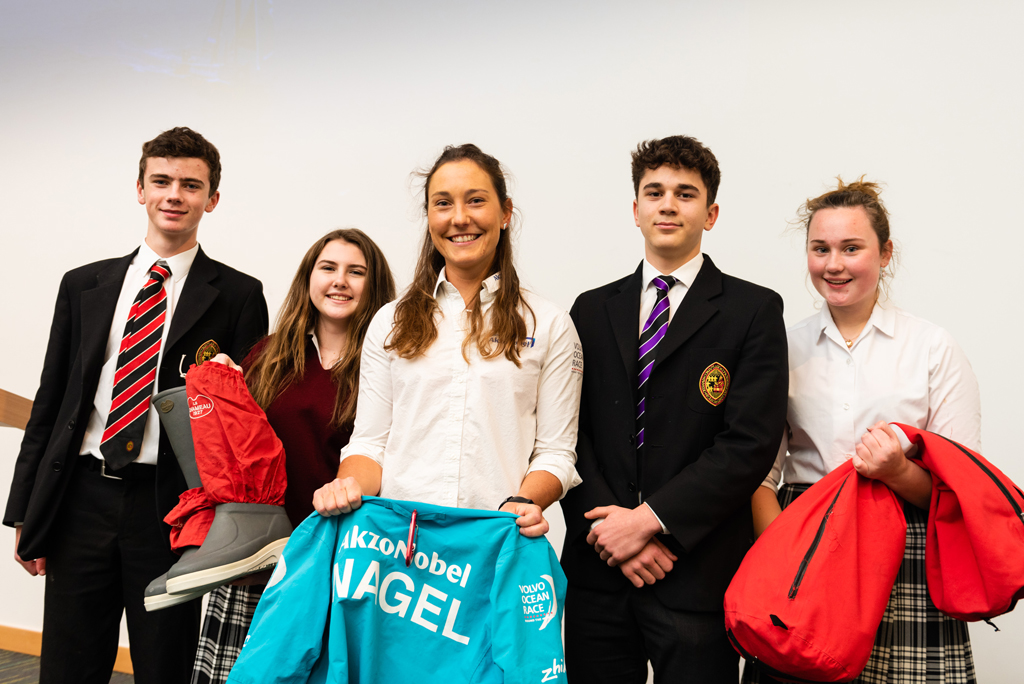
A Race to Remember
Recently, Emily achieved her childhood dream of winning a much sought after place on one of just seven participating teams (Team AkzoNobel) in the Volvo Ocean Race.
This renowned and revered race took place over nine physically gruelling and emotionally draining months, covering 45,000 miles. Often described as one of the most extreme sporting events in the world, Emily not only survived but thrived, setting a new World Record (for the furthest distance travelled by a yacht in any 24-hour period ever).
She has seen the beauty of the world first-hand, though it has by no means all been plain sailing. She has battled conditions at sea more dangerous than we can imagine, enduring cramped living conditions, eating only freeze-dried food for months on end and performing great physical feats and maintaining focus with only two consecutive hours of sleep per night. Not only did she help to repair a broken main sail mid-race, she also carried on despite encountering a serious injury (a damaged nerve in her back and a dislocated shoulder), which, in her words, she just ‘sucked up and carried on sailing’.
The ‘Mental Mountain’
Emily is also refreshingly honest about her mental challenges. ‘Having always struggled with an anxiety disorder, the race forced me to address this,’ she says, adding drily, ‘there is no time for a panic attack in the Southern Ocean.’ She taught herself how to control her anxieties – which she describes as a ‘mental mountain’.
On her recent visit to the school, Nick Neve, Head of Sailing at Oakham, said: ‘It was brilliant to welcome Emily back to Oakham, where she spent many years honing her sailing skills. It was incredibly inspiring for our current sailors to hear, first hand, just how much she has faced and achieved since leaving School – and she is still only 24!’
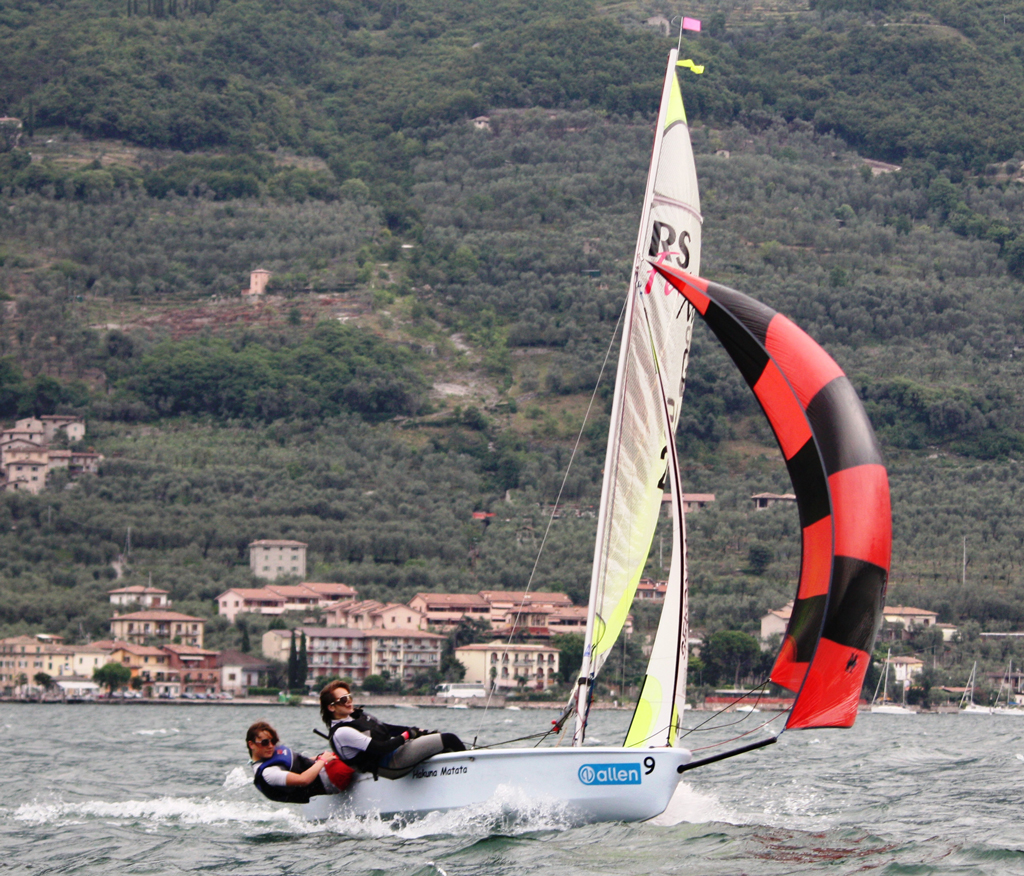
Emily’s story is an inspiring one for any one who struggles with anxiety, so we wanted to share what this superwoman had to say about mental health and making waves in a male-dominated sport.
Q&A with Emily
Has your anxiety ever held you back?
Of course! Growing up it took a long time for me to come to terms with my anxiety disorder. It wasn’t until university that I began to realise that what I was going through wasn’t normal. While at school I would often have panic attacks and overly emotional whenever I came across something I couldn’t do. Choosing IB Higher Level Maths and Physics meant there was a lot that challenged me! That continued into my university years and while I never back down from a challenge it certainly meant I spent a lot of my time stressing far more than was necessary.
Socially I have to be very careful not to let anxiety hold me back. Networking is a vital part of being a professional athlete and finding new teams to race with, but it took me a week to build up the courage to talk to Simeon when he first joined SoftBank for the America’s Cup in 2017 ( I knew he was skippering a Volvo Team and had a hundred questions I wanted to ask him but was terrified to talk to him). Pushing myself to ask those questions was vital and ultimately led to getting my trial with the team!
Have you always had a specific goal in mind (the Volvo Ocean Race) or were you ‘carried along by the tide’?
Growing up, I was always extremely goal-orientated! That being said, many of those goals have been pretty crazy. Racing around the world was definitely one of the biggest. The other being to race and design for the America’s Cup. It actually feels wrong for me not to have something I’m working 110 per cent for!
Which single moment during the 9-month-long race best demonstrates your reasons for joining the team?
Cape Horn. Cape Horn was my Everest, it was everything to me: every emotion, every goal, every moment of pain and heartbreak. After 12 of the hardest days of sailing in the worst conditions I’ve ever experienced, seeing the mountains appear out of the ocean was incredible. To have reached that point alongside my team made it even more rewarding. While we may not have all gotten on 100 per cent of the time, I trusted every person on that boat with my life and vice versa.
Do you ever feel scared when at sea – of safety, of failing or of something else?
Every 5 minutes? In the conditions we go out in, fear is part of it. If you aren’t afraid then you don’t have respect for the ocean and its huge power. When we go out to sea, we know the risks we face. Its about feeling the fear, and doing it anyway.
You do learn to manage it. For me it was a case of figuring out what was safe and what wasn’t. Sometimes you wake up in your bunk as the boat is pinned on its side and you’re too scared to go out on deck. Or you’re up on deck, getting knocked off your feet wave after wave, clinging to the pedestals. But you just get back up and keep going because once you’re out there you don’t have any other choice!
I wouldn’t say I was ever scared of failing while sailing. Fear of failure was definitely a worry at school but I don’t think of it much on the water. It’s the one time I live in the moment: I want to win more than anything and we just focus on going as fast as we can until we cross the finish line.
If there was one thing you could tell your 16-year-old self, what would it be?
Breathe. Who you are now is not who you will be in ten years time. It’s okay to change, its okay to fail and things that seem so important now are so small in the grand scheme of things. Just find what makes you happy and stick with it.
What advice would you give someone trying the sport for the first time?
Embrace the crashes. You will capsize, you will get wet, you will get scared and frustrated; but it’s all part of learning. Once you’ve started, you might find that you won’t be able to stop. The freedom and adrenaline is addictive.
Did you ever feel at a disadvantage because of your gender?
Unfortunately, yes. It’s an extremely male-dominated sport. The physicality of some of the roles necessitates an understandable degree of separation: I will never be able to turn the winches as fast as one of the 110kg guys. Equally though, there are jobs that I can do and don’t have the opportunity to, because some owners have a ‘no girls onboard’ rule.
It can be hard to get teams to take me seriously when I apply for jobs. Often when networking many of the guys assume I’m one of the wives/girlfriends, or doing logistics for a team, not a sailor or an engineer! I’ve had conversations with guys I’ve just met where they proceed to explain to me how something on the America’s Cup boats work (normally incorrectly). What they don’t realise is that I helped design those boats!
What’s in store for the future?
As much time on the water as possible! Hopefully another lap of the planet (this time with a trophy at the end). I’d still love to race as part of the America’s Cup as well but we have some gender barriers to knock down before doing so. I’m also using my degree more as a way of supporting my sailing career. I’ve started my own freelance design and performance data analysis company so that when I’m not sailing boats I’m at least working with them!
Emily spent many years honing her sailing skills at Oakham School, Leicestershire – successfully racing dinghies in school, national, European and World Championships. Sailing is an extremely popular sport at Oakham, both as a competitive and recreational activity, thanks to the school’s close proximity to Rutland Water, one of Europe’s premier inland sailing locations.
READ MORE: Best of Mentors: What Makes a Good One? | The Best British Schools for Sport


